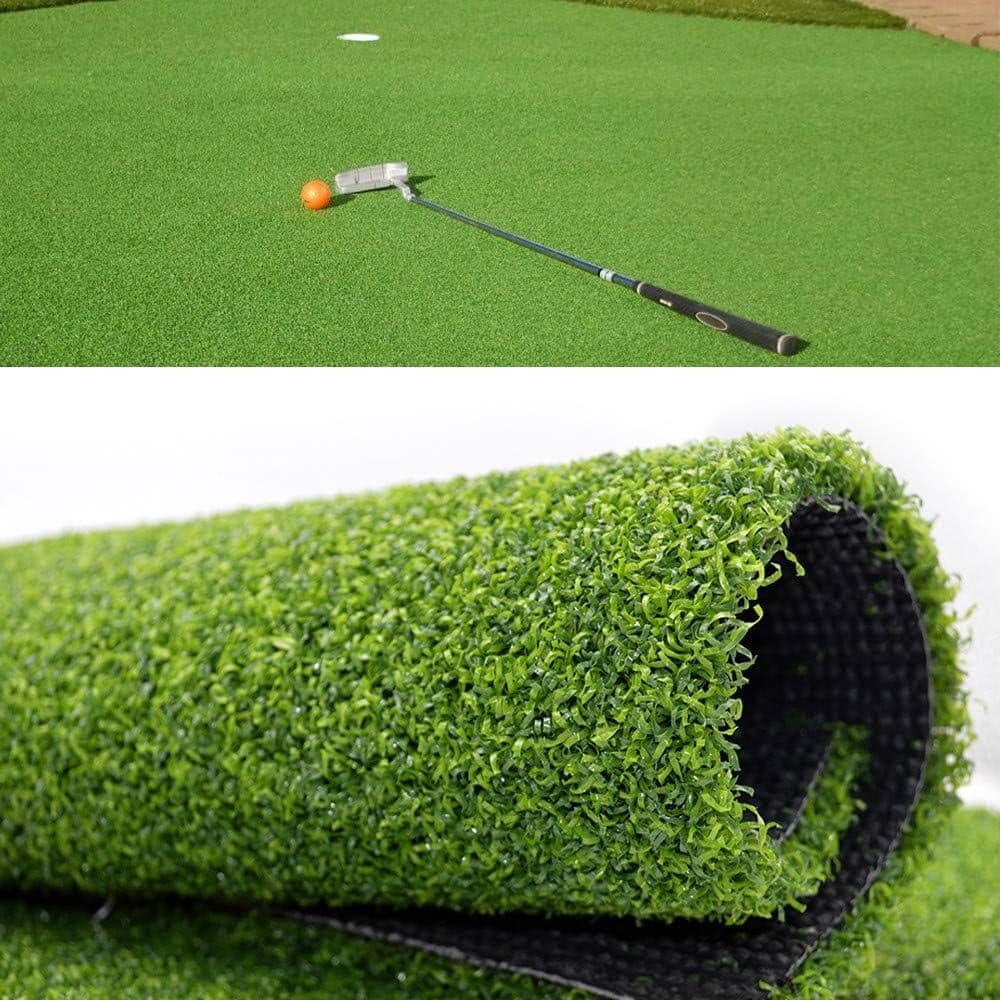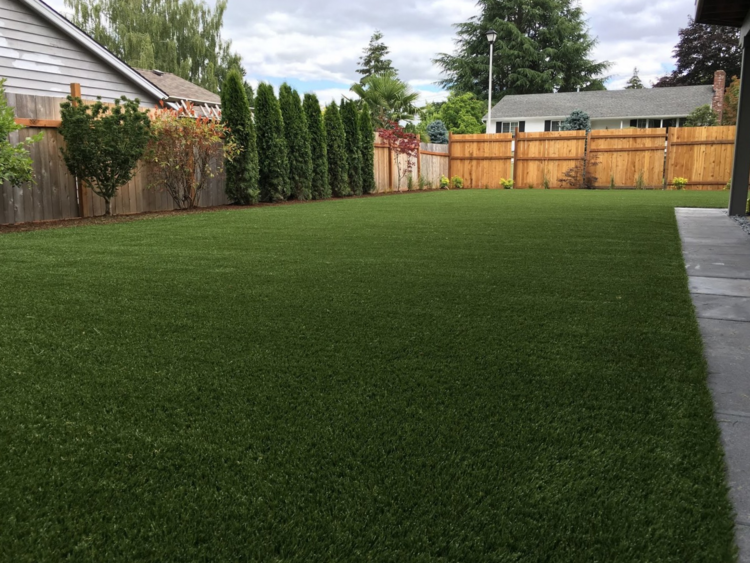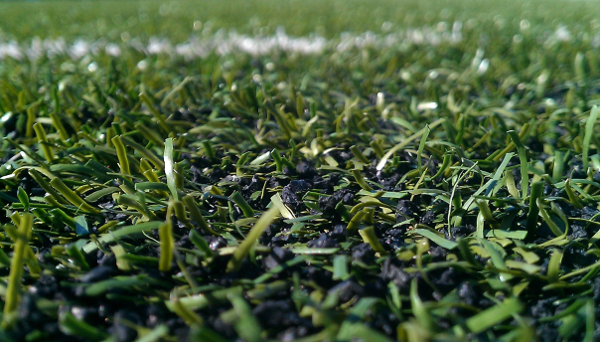Delve Into the Environmental Perks of Opting for Synthetic Grass Solutions
The adoption of artificial grass remedies offers a compelling opportunity to address pushing ecological challenges. By dramatically reducing water usage and minimizing the application of harmful chemicals, these options not just promote lasting landscape design however likewise shield regional communities.
Water Conservation Benefits
One of the most substantial advantages of synthetic grass is its ability to save water. Standard lawn yards need significant irrigation, specifically in locations susceptible to dry spell or water limitations. In comparison, synthetic grass does not require watering, substantially minimizing the overall need for water sources. This feature is especially useful in deserts where water shortage is a pushing issue.
By getting rid of the need for normal watering, synthetic grass adds to sustainable landscape methods and aids minimize the ecological influence of too much water consumption. The conservation of water expands to the decrease of runoff, which can lead to soil disintegration and river pollution.
Furthermore, the setup of synthetic grass permits municipalities and house owners to designate water sources more effectively, concentrating on vital uses such as drinking water and agriculture. The shift in the direction of synthetic grass not just advertises liable water usage but likewise lines up with broader ecological objectives targeted at maintaining natural deposits.
As communities increasingly prioritize sustainability, the water conservation benefits of fabricated turf present a compelling case for its adoption in property and commercial landscape design jobs.
Reduced Chemical Use
The transition to synthetic grass significantly decreases the dependence on chemical therapies generally made use of in all-natural grass upkeep. Typical grass administration generally involves the application of pesticides, herbicides, and plant foods to promote growth and control parasites. These chemicals can present risks to human health and wellness, local wild animals, and the atmosphere, adding to soil and water contamination.
In comparison, artificial lawn gets rid of the requirement for these unsafe compounds. By reducing the launch of artificial substances into the ecosystem, man-made lawn promotes healthier dirt and water systems.
Furthermore, the lack of chemical runoff related to artificial grass installments helps safeguard regional rivers from pollution, supporting water life and keeping biodiversity. Turf installation phoenix az. As neighborhoods significantly prioritize sustainable practices, deciding for fabricated lawn presents a practical option that aligns with ecological preservation objectives. Via this shift, building proprietors can enjoy lavish green rooms without compromising ecological health, leading the way for a more lasting future
Reduced Carbon Impact

Moreover, the setup of synthetic grass can lead to considerable water preservation. Natural grass require substantial amounts of water for irrigation, which not just contributes to the carbon important source footprint connected with water removal and treatment however likewise strains regional water resources. In contrast, man-made turf requires very little maintenance, needing no watering, consequently dramatically reducing water usage and its associated energy costs.
In addition, the longevity of artificial lawn adds to its lower carbon influence. With a life-span of approximately 15 years or more, the requirement for regular substitutes is decreased, resulting in less waste and lower power intake in production and disposing of conventional lawn options. In general, synthetic grass presents a sustainable choice for environmentally conscious landscape design.
Habitat Conservation
Environment preservation is a crucial consideration in the argument over landscape design options, especially when contrasting synthetic grass to natural grass. All-natural grass yards typically require extensive upkeep, including the usage of herbicides, pesticides, and plant foods, which can detrimentally affect neighborhood environments. These chemicals can leach right into the dirt and waterways, damaging native vegetation and fauna and interrupting local environments.
Artificial turf removes the need for dangerous chemicals, therefore shielding neighboring wild animals and keeping the honesty of bordering ecological communities. The installment of man-made turf can lead to the conversion of previous yard locations right into more biodiverse landscapes, such as pollinator gardens or native plant locations, which can sustain regional wildlife.
Eventually, the shift to man-made grass not only conserves water and lowers upkeep initiatives however likewise fosters an extra unified partnership in between human activities and the natural atmosphere, advertising habitat preservation at the same time.
Long-Term Sustainability
Long-lasting find out here now sustainability is a vital variable in assessing the benefits of synthetic grass over typical yard lawns. Among the most substantial advantages of synthetic grass is its resilience; it can last up to 15-20 years with marginal maintenance, whereas all-natural lawn requires frequent reseeding and click here to find out more replacement. This longevity reduces the demand for constant resources, such as water, plant foods, and chemicals, which are important for preserving a healthy and balanced turf yard.
Furthermore, synthetic grass adds to a reduction in carbon exhausts connected with grass treatment devices. Traditional yards often need gas-powered lawn mowers, trimmers, and blowers, every one of which contribute to air pollution. Arizona artificial turf. On the other hand, synthetic grass gets rid of the demand for such equipment, advertising a cleaner setting
Furthermore, the manufacturing of synthetic grass progressively uses recycled materials, improving its sustainability account. As manufacturers embrace environmentally friendly techniques, the environmental footprint of synthetic grass remains to diminish.

Conclusion
The fostering of synthetic grass remedies presents substantial ecological advantages, consisting of significant water conservation, reduced reliance on dangerous chemicals, and a reduced carbon impact. Additionally, synthetic grass aids in maintaining natural environments by reducing land disruption and promoting long-lasting sustainability via the use of sturdy materials. Collectively, these aspects emphasize the possibility of synthetic grass to contribute positively to ecological health and use a sensible alternative to standard landscape design practices in a significantly resource-conscious globe.
In comparison, artificial turf does not need watering, dramatically reducing the general demand for water sources. By decreasing the launch of artificial compounds right into the environment, man-made lawn promotes much healthier dirt and water systems.
In addition, the installment of artificial lawn can result in considerable water conservation. In contrast, man-made grass requires very little upkeep, needing no watering, therefore dramatically lowering water use and its connected power expenses.
